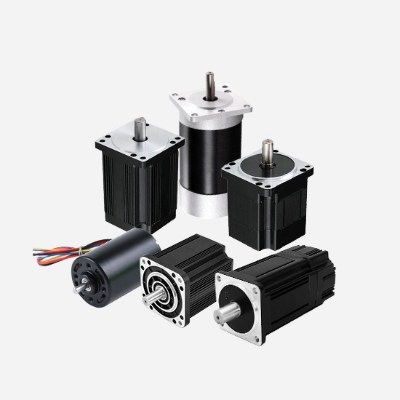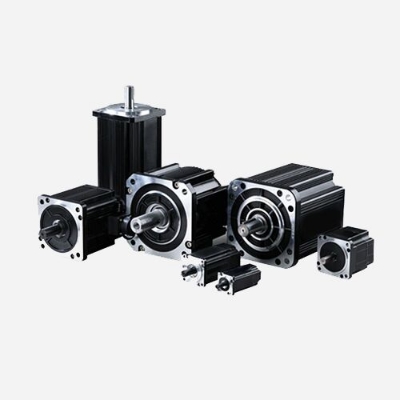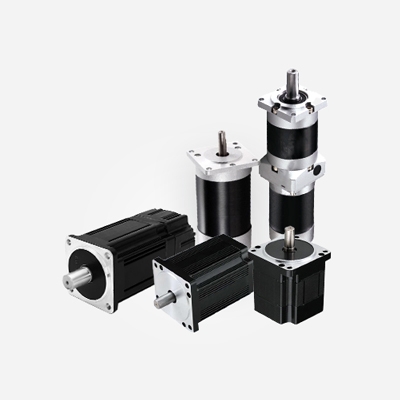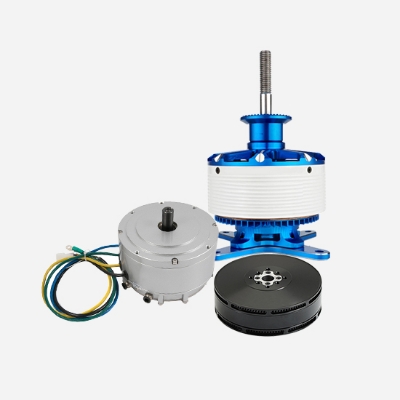An explosion-proof brushless DC motor is a key piece of equipment widely used in flammable and explosive environments, its electromagnetic compatibility and explosion-proof principle are crucial to ensure industrial production safety. It is widely used in flammable and explosive places such as petroleum, chemical industry, coal, etc. Brushless will analyze these two aspects.
In the modern unmanned aerial vehicle (UAV) technology system, brushless motors, as the core power system, are widely used in various types of aircraft. Compared with traditional brushed motors, brushless motors not only have higher efficiency and longer service life but also can bring a smoother flight experience, with significant advantages in precise control and response speed. Next, this article will deeply analyze the working principle of brushless UAV motors to help readers better understand this key technology.
Electronic speed controllers are a key device that is widely used in motor systems to achieve efficient and precise control of motor speed through the use of advanced electronics and control algorithms. In this article, Inverter store will take a closer look at how electronic speed controllers work, and the electronic speed controller prospects.
The brushless DC motor consists of a motor body and a driver and is a typical mechatronic product. A brushless motor refers to a motor without brushes and commutators (or collector rings), also known as a commutator-free motor. The brushless DC motor (BLDC) replaces the mechanical commutator with an electronic commutator, so the brushless DC motor not only has the characteristics of good speed regulation performance of the DC motor, but also has the characteristics of the simple structure of the AC motor, no commutation sparks, and reliable operation and the advantages of easy maintenance.
How does an ESC Work?
Tuesday, September 6, 2022
An electronic speed control (ESC) is an electronic circuit that controls and regulates the speed of an electric motor. It may also provide reversing of the motor and dynamic braking. The electronic speed controller is an essential part of an electric propulsion system's hardware. It acts like the brain of the system by telling the motor how fast to go based on data signals it receives from the throttle controller.




